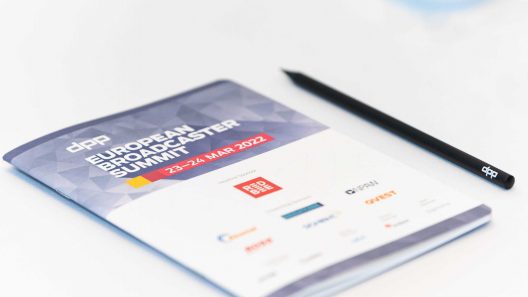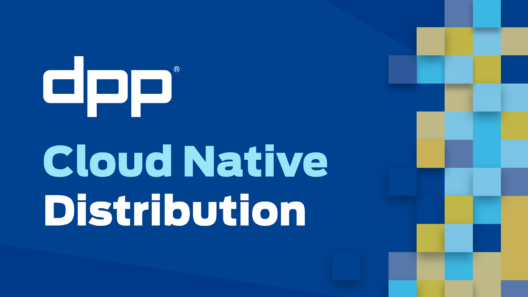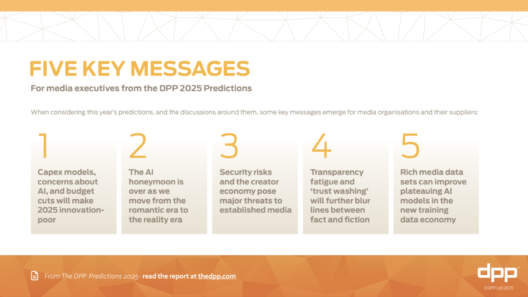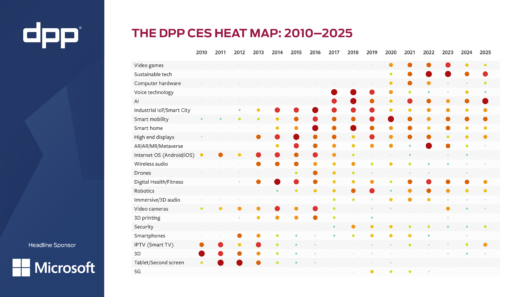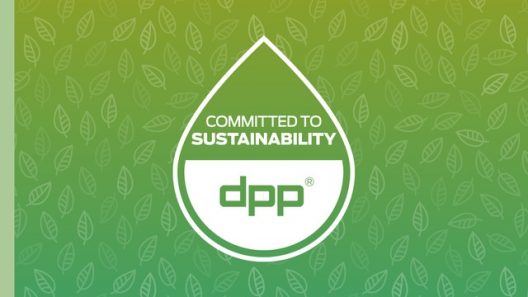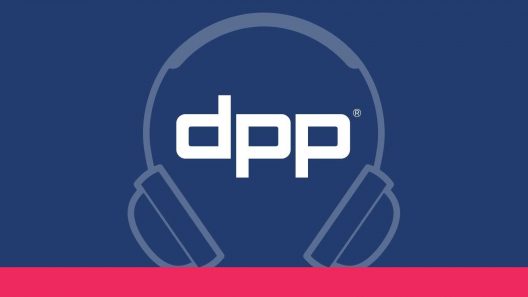The DPP today announced the development of a proof of concept to demonstrate how component-based workflows using IMF (the Interoperable Master Format) can be applied to advertising use cases. A new report, The Business Benefits of IMF for Advertising, has been released to DPP members to provide a business-level overview of the aims of the work, and a common set of working practices for the delivery of adverts using IMF.
DPP member companies taking part in this work have two key aims – to deliver greater operational efficiency in advertising, and to unlock new commercial opportunities.
This work aligns to the DPP’s suite of IMF publications for programme content by using SMPTE TSP 2121-1 (IMF Application DPP ProRes) and SMPTE TSP 2121-4 (IMF Application Constraint DPP JPEG2000) as its foundation. Interoperability is at the heart of this initiative, enabling the development of automated supply chains compatible with both programming and advertising.
“Building on what has already been achieved by the DPP and their members around IMF adoption, we are extending the work to support advertising use cases through the development of a proof of concept” said Michael Moorfield, Global Broadcast Services Manager, Adstream. “This is an ideal opportunity to showcase the potential business benefits for the whole supply chain. For me, one of the measures of success would be if the findings became an enabler towards standardising workflows for video advertising distribution and publishing.”
The proof of concept establishes how an IMF package can be exchanged internationally throughout the advertising ecosystem: from agency, to clearance bodies, to the distributor, through to broadcast transmission. The results of testing will be announced later this year.
“IMF offers great potential for scaling up versioning workflows effectively and efficiently,” said Rowan de Pomerai, Head of Delivery and Growth, DPP. “We’ve been working for some time on enabling its use for broadcast and online programme content, yet advertisers also face huge versioning challenges. So, it’s extremely exciting to see so many companies in the advertising supply chain supporting this initiative, and we believe that IMF will offer them real operational benefits.”
The Business Benefits of IMF for Advertising document has been developed for potential implementers to start to understand how IMF could benefit their businesses through operational efficiencies, and to learn how shared, component-based workflows could drive yield.
“The convergence of advertising across Linear TV and Online brings with it a need to standardise, which could unlock significant benefits across the ecosystem.”, said James Morgan-Yates, CTO, Clearcast. “With collaboration across the industry, we can bring the ‘best of both worlds’ to all advertising, from traditional through to addressable and programmatic, by delivering multiple variants of ads in a single package with metadata; allowing compliance processes to scale up, minimising storage needs and reducing manual effort for operations teams. The results should be reduced cost, increased efficiency, fewer operational risks and more revenue opportunity for everyone involved.”
This work will be presented at a DPP event in February 2020. The DPP continues its work on IMF for Advertising by collaborating with its members to generate proof of concepts and investigate methods for streamlining, simplifying and automating the processes.



